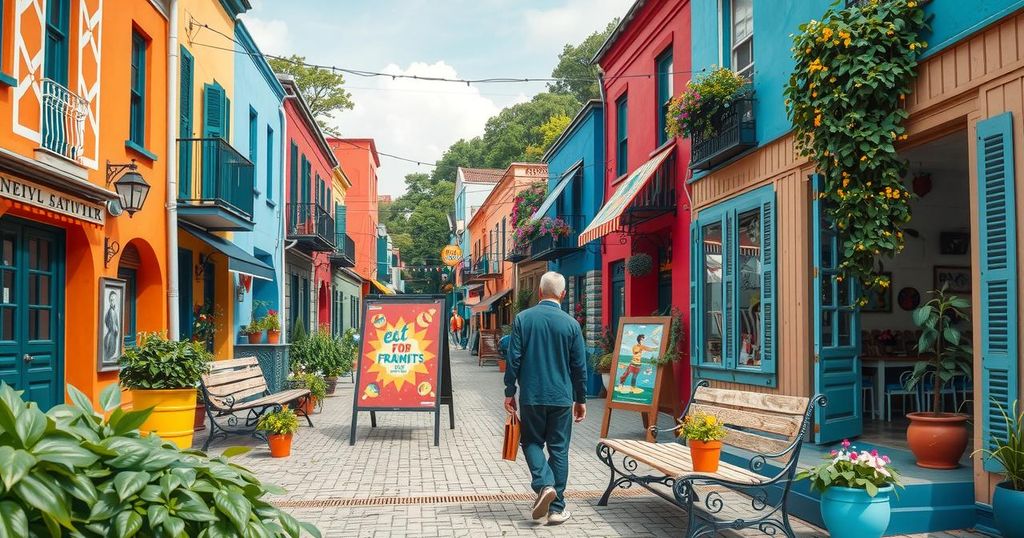This article explores the recent ruling in Uganda permitting the renaming of streets and removal of colonial monuments, linking it to similar decolonization efforts in Saint Lucia. Activists argue for honoring local culture over historical colonial figures, emphasizing the importance of acknowledging historical injustices while cautioning against erasing the past completely. The rise of this movement reflects calls for recognition and dignity in former colonies, pushing for a rebranding of public spaces to celebrate local heroes and cultural identity.
The article discusses the recent court ruling in Uganda which permits the renaming of streets and the removal of colonial monuments, reflecting a growing commitment to decolonization. Following a five-year campaign led by activists, the ruling emphasizes the need to replace names honoring historical colonial figures with those that better resonate with Ugandan culture and identity. Petitioners highlighted the psychological impact of colonial name recognition on Ugandan dignity and freedom.
With 5,800 citizens supporting the petition in 2020, the campaign frames the court ruling as a victory for human dignity and a necessary break from colonial legacies. Notable figures such as Apollo Makubuya expressed that these changes signal a step toward embracing Uganda’s cultural identity.
On the other hand, some, including human rights lawyer Nicholas Opiyo, argue against the changes, viewing it as a revisionist approach that may overlook the lessons of history. He asserts that colonial names should serve to remind citizens of their past, emphasizing the importance of acknowledging history rather than erasing it.
The article connects Uganda’s struggle for decolonization to similar conversations occurring in Saint Lucia and wider Caribbean nations regarding the need to reassess colonial legacies in naming historical figures and public spaces. Activists in Saint Lucia have begun to confront the colonial heritage embedded in place names and honour unknown heroes of resistance.
The legacy of colonialism is embedded in the names of streets, towns, and monuments across Saint Lucia, leading to discussions on renaming and celebrating local figures who fought for freedom and rights. In preparing for future independence anniversaries, the article calls for proactive efforts to honor influential Saint Lucians over colonial figures, recognizing their contributions toward independence and societal development.
The discussion surrounding the decolonization of public spaces in Uganda and its parallels in Saint Lucia highlights the importance of recognizing and honoring local cultural identity. Activists assert the need for change, arguing that colonial names perpetuate a legacy of oppression. As nations reflect on their histories, the call to embrace local heroes instead of colonial figures is growing stronger, advocating for a reclamation of dignity and history in public recognition.
Original Source: thevoiceslu.com




